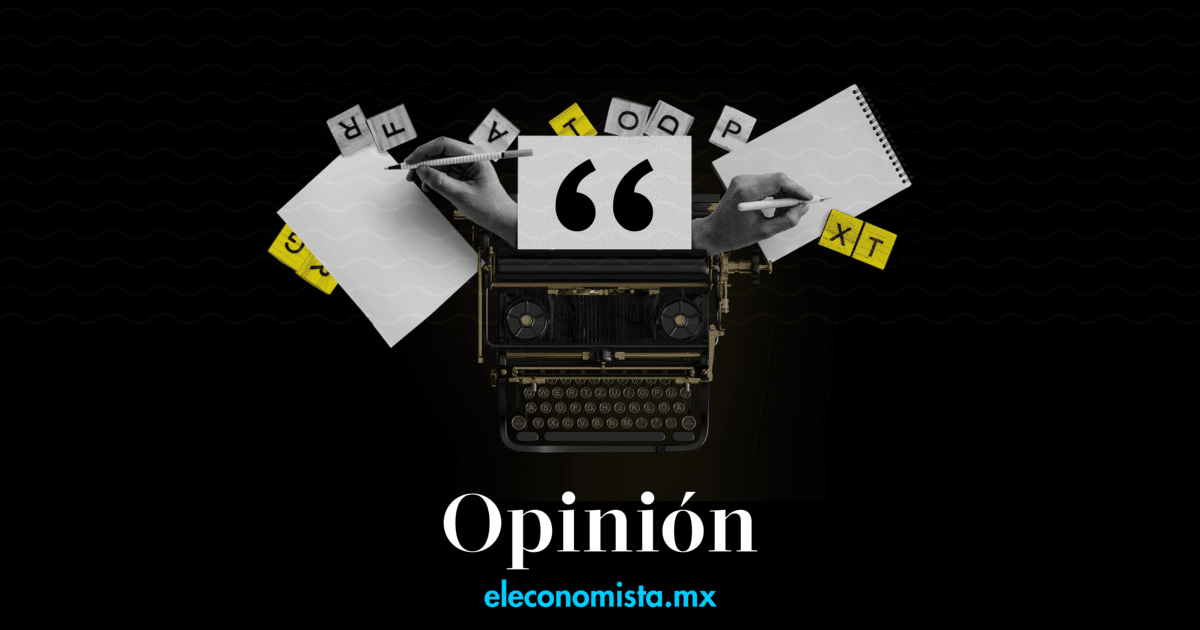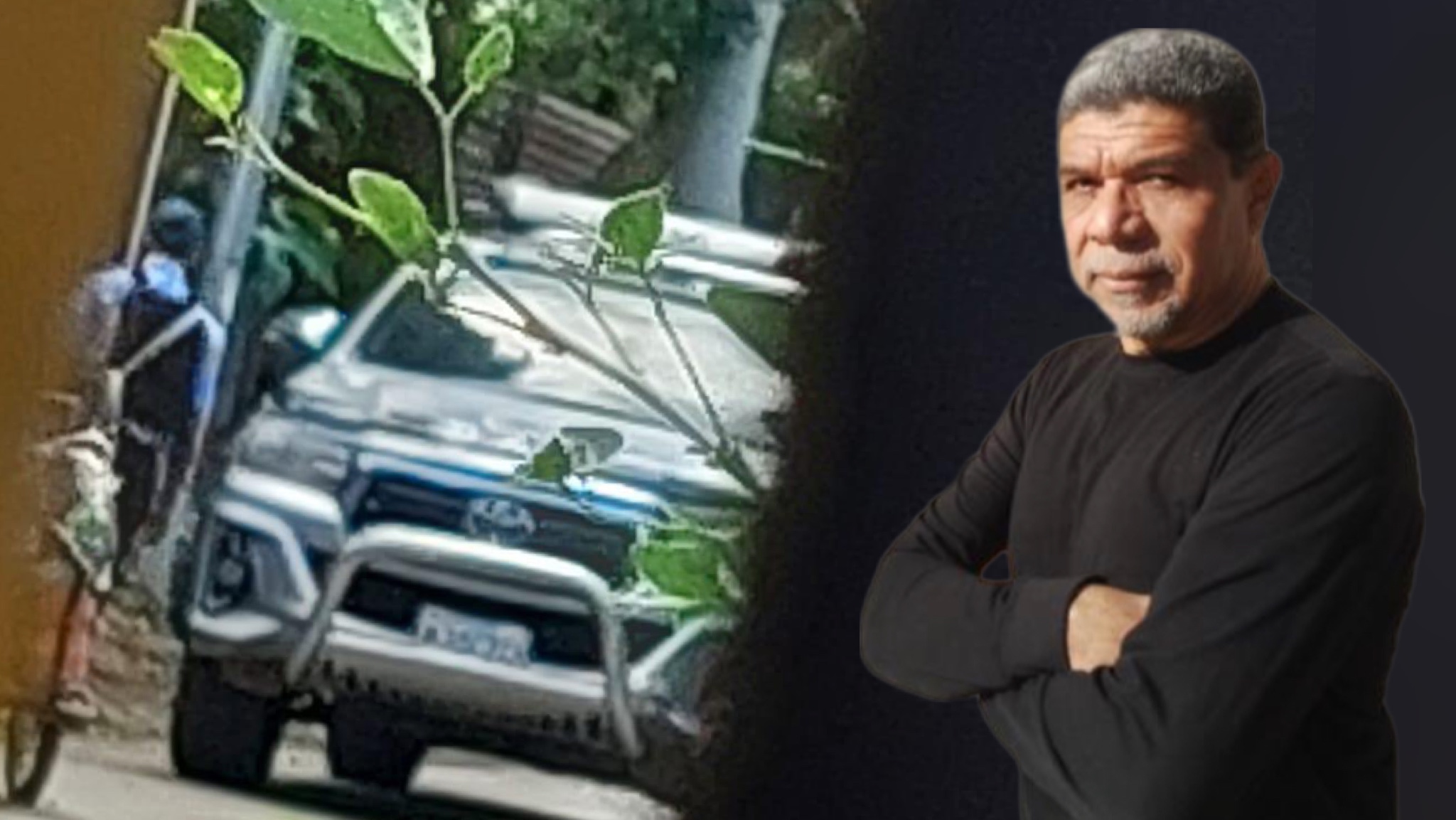Disinformation is one of the most observed and commented phenomena in recent years despite the fact that disinformation is not something new. In fact, it has been part of the political and war instrumentality for centuries. Espionage, counter-espionage, propaganda, psychological operations, information operations, among other technical terms, are examples of activities that use -and abuse- disinformation to achieve their objectives.
“Novelty” is the combination of scope and audiences subject to misinformation, outside of any regulation, based on the advent of the Internet and the subsequent development and proliferation of news sites, blogs, virtual public forums, and social networks, among others. And even in the realm of the Internet, the problem did not develop overnight. Specialists have studied the phenomenon for years and the way in which different actors have taken advantage of these new tools to carry out the old activities associated with disinformation.
Sock puppet farms, the use of bots, the explosion of coordinated trolls, the creation of armies dedicated to influencing attitudes and preferences on the internet that enable events such as Russian intervention in the US election, deepening economic, social and racial resentments for political purposes, the exploitation of identity divisions, the seizure of the headquarters of the Powers in Brazil, and the right and left cancellation of “the other” (other than oneself) have put security -human, public, national, international and global – at constant risk.
Global action cannot be postponed, even more so with the advent of new technologies that generate information without any type of veracity verification (such as ChatGPT and the like). The younger generations are at risk of living in a world in which veracity will be completely devalued and trust – be it between individuals or in institutions – will be a noble dream. In addition, the implications of all this for democracy and democratization should be considered.
The recent UNESCO Conference for a Trustworthy Internet is an important first step. In it, a call was made for the establishment of global guidelines to improve the reliability of information with the participation of state and non-state actors -including the large corporations that own communication platforms- with a focus on the protection of the human right to information. . The participation of national leaders, content creators and Nobel Peace Prize winners shows the interest and relevance of the topic. However, the protection of security, and with it human rights and democracy, requires determined, coordinated and binding action.
In Mexico, faced with the prevailing polarization and political manipulation, the upcoming start of the electoral process for the presidential succession, and the tension surrounding all of this, it is imperative to strengthen containment mechanisms for the avalanche of misinformation that we must anticipate. If the authority is late, organized social action is urgent.
*The author has a degree in History, a master’s degree in Security Studies and Communication, and is a member of COMEXI’s Study and Reflection Unit for Law Enforcement, security cooperation, and transnational organized crime.








